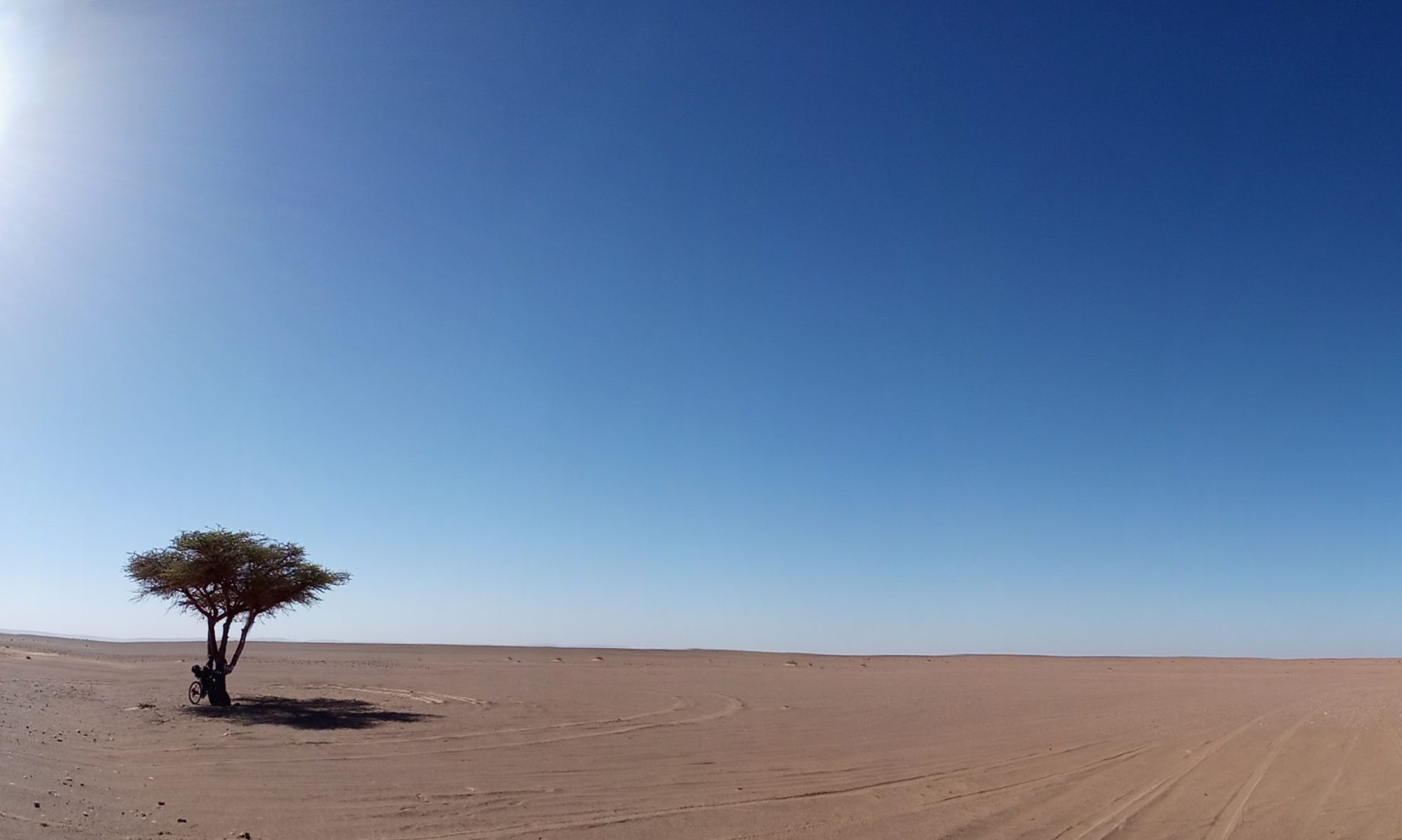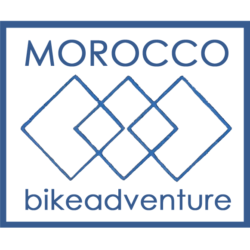1. What kind of bike do I need?
The route will follow roads, backroads, 4-wheel tracks. All the roads will be ridable and driveable with an offroad 4×4 car. But be prepared for everything. I cycled the route on my bike that has a roadbike geometry and 27.5″ wheels with a WTB ByWay road plus 650x47mm tire. I also used a 47mm on the route scouting Ocotber/Nove,mber 2019, for the 2020 route. For the 2020 route i would recommend a 50mm. If you prefer more comfort, go with a bigger tire and more comfortable bike geometry. Take a look to the photos in the photo gallery, that gives you some ideas about thre route. At the end it’s how April Marshke said after day one in the Iberica-Traversa: “There is no perfect bike in this sport, only perfect attitudes. “
2. Do I need insurance?
Yes, as the ride is totally self-sufficient, you need to organise your own insurance. No insurance – no start.
3. Who enforces the rules?
You do. The nature of these long distance rides makes them impossible to police by a third party, so the trust and responsibility rests solely on your shoulders to conduct yourself appropriately. If there is an obvious breach in this trust then the race director will make a ruling based on why, how and what rules were breached and if/what penalty would be given.
4. Is this adventure for me? Am I fit enough?
The extreme weather and terrain coupled with the distance and self-reliance makes this event a challenge not to be underestimated. If you are someone looking for a challenge in your life than yes this is for you. A background in cycling is necessary. A positive outlook with a good sense of humor is mandatory.
A standard of fitness is required to the point of being capable of spending continuous long days in the saddle. And an awareness of self-reliance and what that entails.
5. Is it a race?
It is not a race in the conventional sense. There is no prize for 1st, 2nd and 3rd. The first at the finish get the kudos and bragging rights for being the fastest. Everyone else will be “racing” themselves, each other and the weather just to finish. This adventure will inspire you to question your limits and give you the confidence that you are far more capable than you think, not just in cycling but in life. The prize is an exceptional adventure.
6. What do I need to pack?
Be prepared for everything. Cold and rain in the mountains, probable snow, heat in lower regions.
7. GPS tracking
Online GPS tracking is not intended to ensure rider safety. It is for info-only, and validation of course compliance
8. Helmet
We succest to wear a helmet all time you ride on your bike. It’s in the riders responsibility, to check the local laws.
9. How do i come to the start?
By plane flying to Tanger or Gibraltar, from Gibraltar taking the ferry to Tanger. Or by ferry from Barcelona Spain, Sete France or Savona or Genua Italy. There are also flights to Casablanca, Marrakesch, Essaouira… from where you have buses to Tanger. Best deals you find from Ryan Air or Easy Jet.
- ONCF, train in Marocco
- Grimaldi Lines: ferry Savona-Barcelona-Tanger
- GNV: ferry Sète-Tanger and Genua-Tanger
- Several ferries from Tarifa and Algeciras to Tanger
10. Buses in Morocco
Traveling by bus with your bike is easy in Morocco. No discussion about your bike. You find an overview of all bus companies on this website:
https://www.comparabus.com/fr-ma/compagnie-de-bus#ctm
11. Trains in Morocco
You can buy train tickets online and they are not expensive.
ONCF, the Moroccan railway: > timetable
12. Why is the starting fee less for the road route?
To scout the pistes a lot more work and time is needed, as to find the paved roads.
To help you out of a bad situation on the remote pistes, a four wheel drive offroad car with reduction gear and good ground glearance is needed. Renting such a car is much more expensive and needs a lot more gazoline as a small car, that is fine on all the paved roads.

